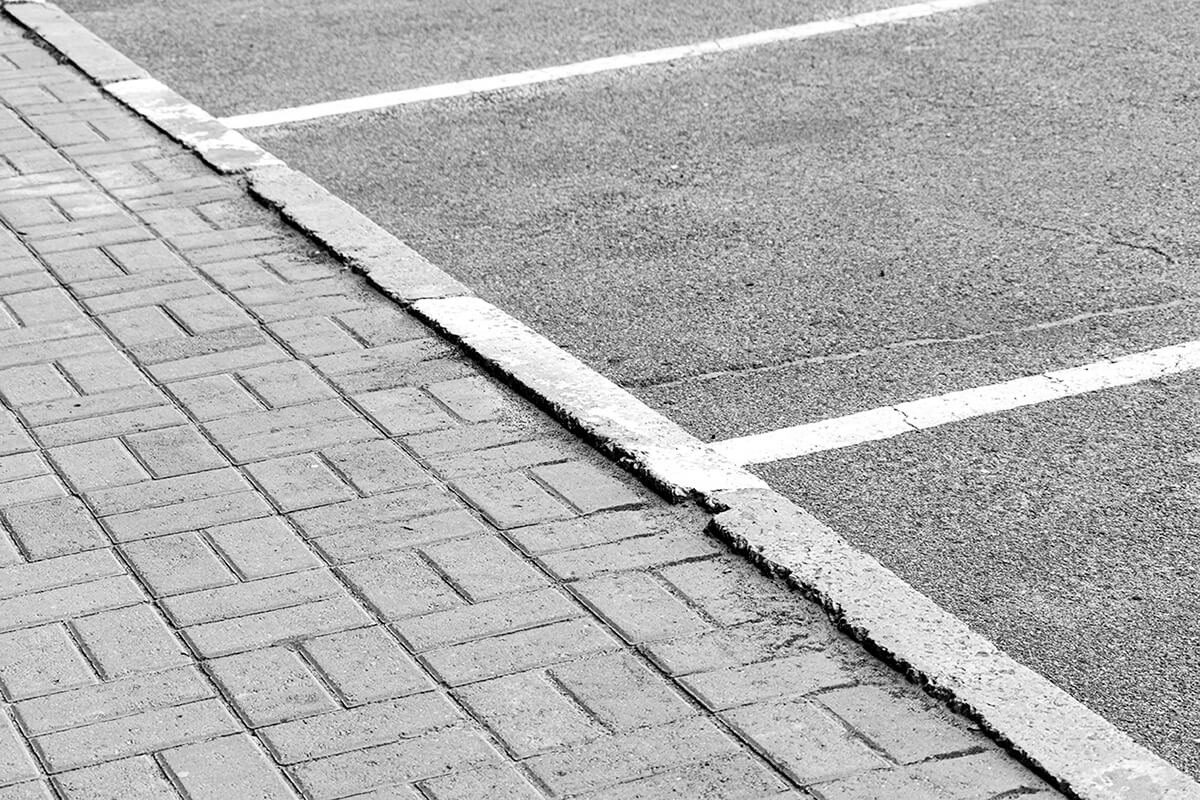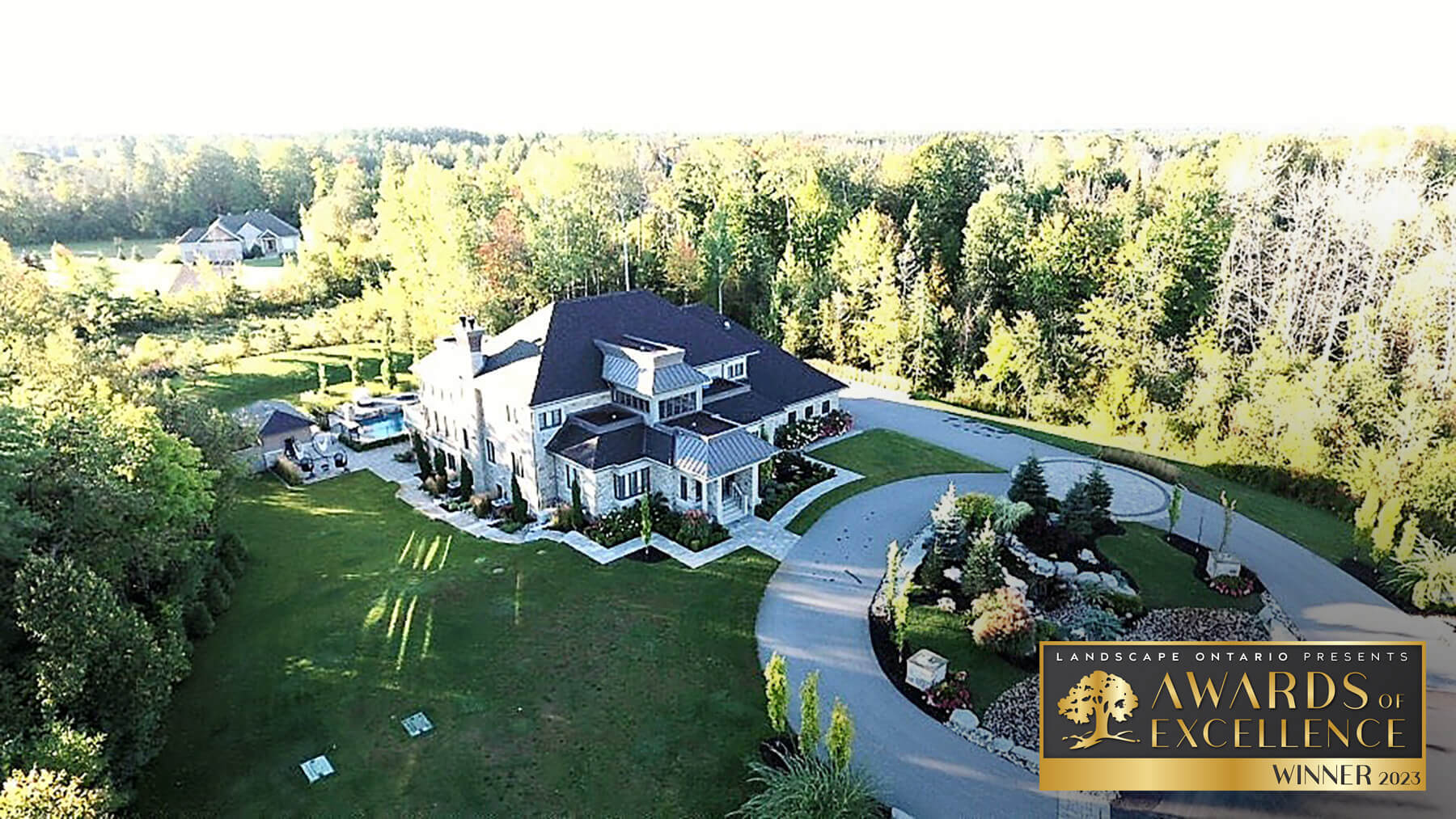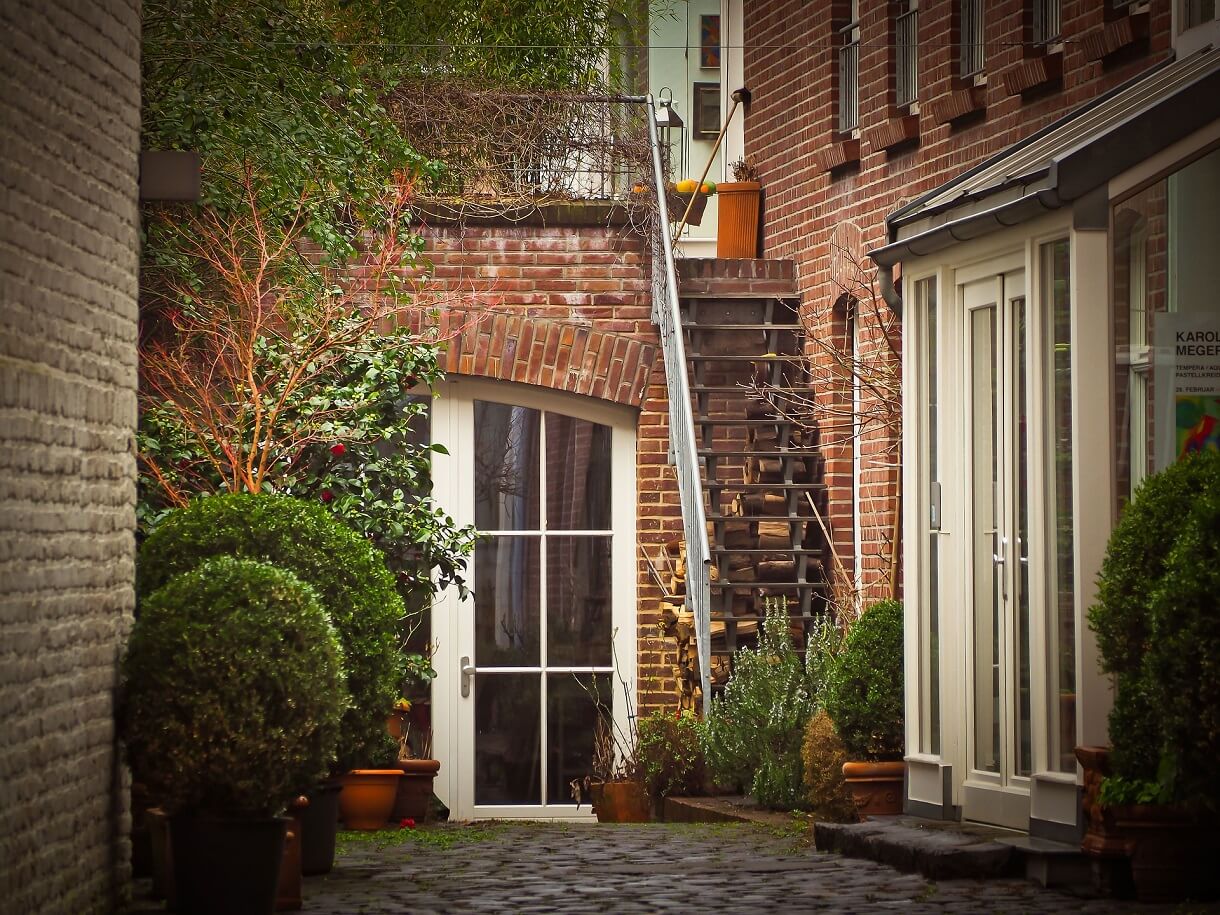Understanding Your Driveway Options
Choosing the right driveway material is a significant decision for Ottawa homeowners. Your driveway plays a crucial role in both the functionality and aesthetics of your property, so selecting a material that suits your needs and complements your home is essential. Two of the most popular options are interlocking driveways and asphalt, each with its own set of advantages and considerations.
Interlocking pavers are known for their durability, design flexibility, and timeless appeal, while asphalt is often chosen for its affordability and straightforward installation. Understanding the differences between these materials can help you make an informed choice that aligns with your priorities, whether it’s long-term value, maintenance needs, or curb appeal.
Durability and Climate Resilience
Ottawa’s freeze-thaw cycles and harsh winters can take a toll on driveway materials, making durability a top priority. Interlocking driveways excel in this area, thanks to their modular design. The individual pavers can shift slightly with ground movement, preventing cracks and heaving that are common with other materials. This flexibility makes interlocking stones particularly well-suited to Ottawa’s climate.
Asphalt, while durable in its own right, is more prone to cracking and surface damage under extreme temperature fluctuations. Potholes and cracks can develop over time, especially if the driveway isn’t properly maintained. While asphalt may offer a smoother surface initially, its long-term performance under Ottawa’s weather conditions often requires more frequent repairs and resurfacing compared to interlocking stones.
Aesthetic Appeal and Customization
When it comes to aesthetics, interlocking driveways offer unmatched versatility. With a wide range of colors, shapes, and patterns to choose from, you can create a driveway that complements your home’s architecture and reflects your personal style. Interlocking pavers can also be arranged in intricate designs, adding a touch of elegance and character to your property. This level of customization makes interlocking driveways a standout choice for homeowners looking to enhance their curb appeal.
In contrast, asphalt driveways have a more uniform appearance. While they provide a clean and sleek look, the design options are limited to a smooth, black surface. While this simplicity may suit some homeowners, it lacks the visual impact and creativity offered by interlocking stones. For those who prioritize aesthetics and customization, interlocking pavers provide far more opportunities to create a unique and attractive driveway.
Installation Process and Timeframe
The installation process for a driveway varies significantly between interlocking pavers and asphalt. Interlocking driveways require meticulous preparation, including grading, laying a base layer, and carefully placing individual stones. While this process takes longer than asphalt installation, the precision involved ensures a durable and well-finished surface. Proper installation is crucial for maximizing the lifespan and functionality of interlocking stones.
Asphalt driveways, on the other hand, are quicker to install. The process typically involves pouring and smoothing the asphalt over a prepared base, which can often be completed in a day or two. However, the faster installation doesn’t always translate to long-term durability, as the surface is more susceptible to wear and damage over time. For homeowners who value both craftsmanship and longevity, the additional time required for interlocking paver installation is often worth the investment.
Maintenance Requirements and Longevity
Maintenance needs are a significant factor when comparing interlocking driveways and asphalt. Interlocking pavers are known for their low-maintenance nature. If a paver becomes damaged or stained, it can be replaced individually without impacting the rest of the driveway. Regular maintenance, such as sweeping and resealing every few years, helps keep the pavers looking vibrant and extends their lifespan. With proper care, an interlocking driveway can last several decades.
Asphalt driveways, while easier to install, require more frequent maintenance. Cracks and potholes are common over time, especially with Ottawa’s freeze-thaw cycles. Regular sealcoating is necessary to protect the surface from moisture and UV damage, typically every 2-3 years. While asphalt has a shorter lifespan than interlocking stones—around 15-20 years—it is often chosen for its lower initial cost despite the added upkeep.
Environmental Impact
For eco-conscious homeowners, interlocking driveways often emerge as the more sustainable choice. Many interlocking stones are permeable, allowing water to seep through and reducing runoff that can lead to flooding or strain on Ottawa’s drainage systems. This permeability also helps recharge groundwater, making it an environmentally friendly option. Additionally, interlocking pavers are often made from sustainable or recyclable materials, further minimizing their ecological footprint.
In contrast, asphalt is less eco-friendly. Its impermeable surface contributes to water runoff, which can carry pollutants into local waterways. The production of asphalt also has a higher carbon footprint compared to interlocking stones. While asphalt is recyclable, the process of maintaining and resurfacing it over time adds to its environmental impact. For those prioritizing sustainability, interlocking stones offer a clear advantage.
Cost Considerations
Cost is often a deciding factor when choosing between interlocking driveways and asphalt. Asphalt driveways have a lower initial installation cost, making them an appealing option for homeowners on a budget. However, the lower upfront cost often comes with higher long-term expenses due to more frequent maintenance, repairs, and eventual resurfacing or replacement. Over time, these costs can add up significantly.
Interlocking driveways, while more expensive to install initially, provide better long-term value. Their durability and ease of repair reduce maintenance expenses, and their longer lifespan offsets the higher installation cost. Additionally, the aesthetic appeal and customization options can enhance property value, making interlocking stones a worthwhile investment for Ottawa homeowners who prioritize quality and longevity.
Making the Right Choice for Your Home
Choosing between interlocking driveways and asphalt ultimately depends on your priorities, budget, and aesthetic preferences. If you’re looking for a cost-effective solution with a faster installation, asphalt may be the right fit. However, if you value durability, design versatility, and long-term savings, interlocking driveways are an excellent choice for Ottawa’s challenging climate.
Professional installation is crucial regardless of your choice, as proper preparation and execution ensure your driveway lasts as long as possible. Consulting with a trusted landscaping company in Ottawa can help you weigh your options and choose the material that best aligns with your needs. By making an informed decision, you’ll create a driveway that enhances the functionality and beauty of your property for years to come.






